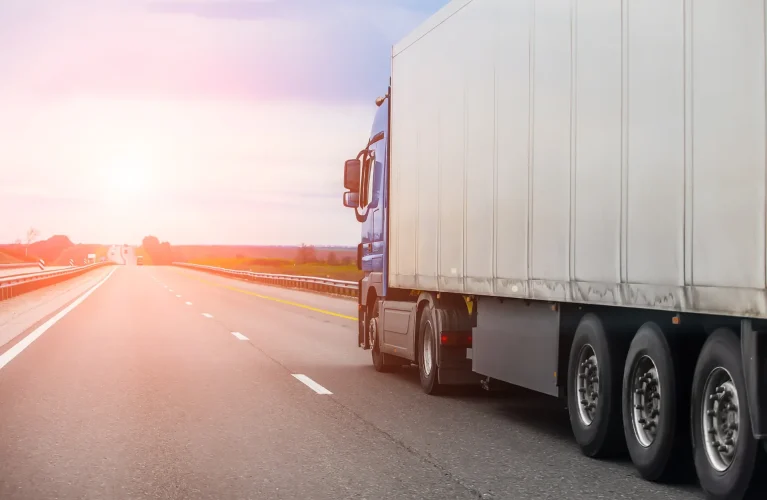
Navigating the Industry Giants: A Deep Dive into Transporting Companies
The world we live in today thrives on connectivity and efficiency, and at the heart of this interconnected web lies the transporting industry. Transporting companies play a pivotal role in facilitating the movement of goods, people, and ideas across vast distances. From the local delivery of packages to the global distribution of raw materials, finished products, and even information, these companies form the arteries of modern commerce. In this blog post, we delve into the realm of transporting companies, exploring their significance, challenges, and innovations that shape the way we connect with the world.
Connecting the Dots: The Significance of Transporting Companies
Transporting companies are the glue that binds economies and societies together. Their role is far-reaching and multifaceted:
- Global Trade and Commerce: International trade heavily relies on transporting companies to move goods across borders efficiently. Containerships, cargo planes, and freight trucks bridge the gap between producers and consumers, allowing products to reach markets on a global scale.
- Logistical Excellence: The efficient movement of goods from manufacturers to retailers or end-users demands intricate logistics. Transporting companies optimize routes, modes of transportation, and delivery schedules to minimize costs and delivery times.
- Economic Growth: These companies contribute significantly to a nation’s GDP by generating employment, supporting industries like manufacturing and retail, and stimulating economic growth through increased trade and consumption.
- Innovation Catalysts: The challenges posed by transporting various commodities have driven innovations in areas such as tracking technologies, container design, and sustainable transportation practices.
Navigating Challenges: The Road Ahead
The transporting industry, despite its crucial role, faces several challenges that require innovative solutions:
- Environmental Impact: Traditional modes of transportation, like fossil fuel-powered trucks and planes, contribute to environmental degradation. As awareness of climate change grows, companies are under pressure to adopt sustainable practices, such as using alternative fuels, electric vehicles, and improving fuel efficiency.
- Global Supply Chain Disruptions: The COVID-19 pandemic underscored the vulnerabilities of complex global supply chains. Transporting companies need to develop more flexible and resilient systems to mitigate future disruptions.
- Technological Transformation: Automation, artificial intelligence, and data analytics are reshaping the industry. inter state car transport While these advancements offer efficiency gains, they also require significant investment in technology and employee training.
- Regulatory Hurdles: Navigating through varying international regulations, customs procedures, and trade policies can be daunting for transporting companies. Staying compliant and ensuring smooth operations across borders is a persistent challenge.
Innovations Shaping the Future
Transporting companies are adapting and evolving to address these challenges head-on:
- Smart Tracking and Visibility: Real-time tracking technologies and IoT devices provide granular visibility into the movement of goods, allowing companies and customers to monitor shipments at every stage.
- Drones and Autonomous Vehicles: Drones and self-driving vehicles are being explored for last-mile deliveries and cargo transportation, promising reduced costs and improved delivery times.
- Green Initiatives: Companies are embracing sustainable practices, including the adoption of electric vehicles, biofuels, and optimization algorithms that minimize carbon footprints.
- Blockchain for Transparency: Blockchain technology is being implemented to enhance transparency in supply chains by securely recording transactions and verifying the origins of products.
Final Thoughts
Transporting companies are the arteries of modern commerce, vital for the movement of goods and ideas that fuel our interconnected world. As the industry confronts environmental, logistical, and technological challenges, it’s encouraging to witness the innovations that are reshaping its landscape. From smart tracking to sustainable practices, the industry is forging a path toward a more efficient, resilient, and eco-friendly future. As consumers, businesses, and societies continue to evolve, so too will the transporting companies that keep us all connected.











